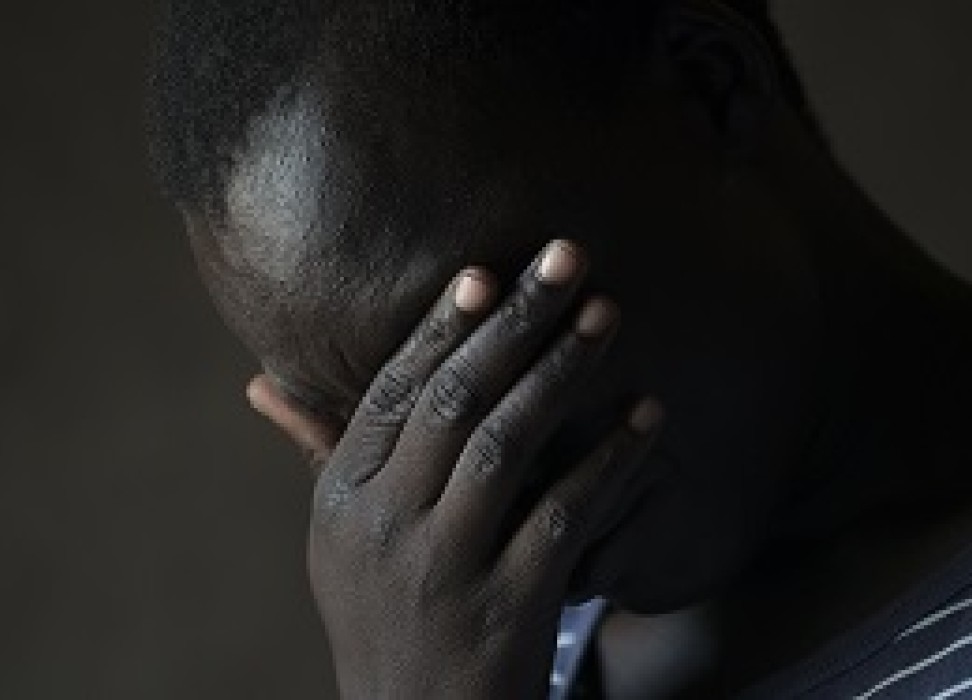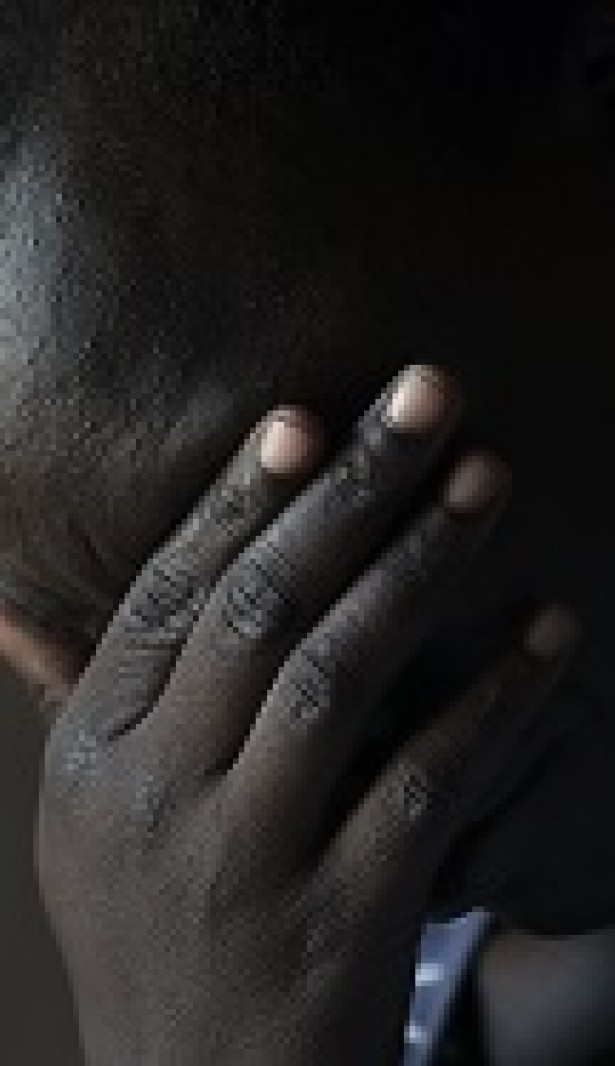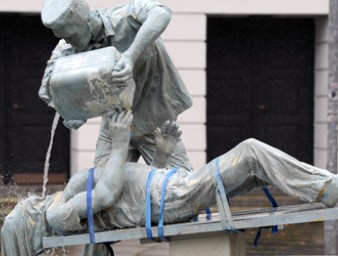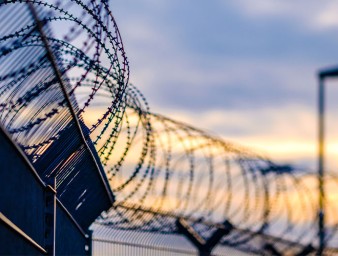‘I just wanted to die’ says torture survivor on way to recovery
29 June 2018

As Anita* celebrated her birthday this year on 26 June, she reflected on how lucky she is to be alive.
"I had lost interest in living. I didn't trust anybody. I just wanted to die; to commit suicide," she said at the United Nations headquarters in New York. "Today, when someone says that they want to commit suicide. I am like 'are you crazy?' That is how far I have come," she added.
Anita is a survivor of torture in the Democratic Republic of Congo. She spoke at an event organized by the European Union to mark the International Day in Support of the Victims of Torture, 26 June. As Amnesty International's Julia Hall observed, Anita is one of the tiny minority of torture survivors who are lucky enough to get professional rehabilitation.
According to Prof. Allen S. Keller of the New York-based Bellevue/NYU Program for Survivors of Torture, where Anita is undergoing rehabilitation, the waiting time to get into the programme is more than year.
Last year alone, the programme provided care and support to more than 1000 survivors of torture from 80 countries, a reflection of how widespread the practice of torture remains, despite its absolute prohibition by international law.
Both Anita and Prof. Keller underlined the need for "a full package" of care and support for successful rehabilitation of survivors, including medical, psychological, social and legal services.
"Torture is always both physical and psychological, not one or the other," said Keller. The objective of the comprehensive rehabilitation programme, he said, is to restore the individual's human dignity and sense of community. He commended the UN Voluntary Fund for Victims of Torture, one of the funding sources for the Bellevue/NYU Programme for Survivors of Torture, as "the most noble and important of international funds."
The UN Voluntary Fund for Victims of Torture is managed by the UN Human Rights Office. This year, the fund will benefit about 50,000 torture survivors worldwide.
United Nations Assistant Secretary-General for Human Rights, Andrew Gilmour, said that human rights defenders need to be more pragmatic when talking to politicians and law enforcement personnel about torture.
"Of course, torture is 100 percent immoral and 100 percent illegal," he said. "But when dealing with leaders and politicians who are both proudly devoid of compassion and also openly undermining the rule of law in their own countries, the human rights movement needs to adapt its arguments. Merely stressing the immorality and illegality of torture, and appealing to them to do the right thing, is clearly not going to cut much ice with such people. That's why we need to make them aware of the overwhelming evidence that torture is also ineffective and counter-productive."
He added that people will understandably say anything to stop the unbearable pain, thus the information, evidence and intelligence they give under such circumstances is often completely wrong. This, in turn, undermines the prosecution process and more generally, respect for law, policing and even the government.
He underlined the significance of the initiative supported by the UN Human Rights Office to get agreement or a universal set of standards on non-coercive interrogation.
Gilmour encouraged countries to ratify the Optional Protocol to the Convention against Torture (2002) under which independent national and international bodies can make unannounced visits to places of detention to prevent torture. Only 88 countries have ratified the protocol so far.
The Assistant Secretary-General observed that while many countries have laws making torture a crime, this needs to be backed by prosecution of perpetrators.
"No country can really claim to be trying to stop torture if they just make a declaration [or a law] that it is illegal. Investigators need to know that they are going to be investigated, prosecuted and if guilty punished," he said.
The European Union head of delegation to the United Nations, Joao Vale de Almeida, urged countries to join the "Alliance for Torture-Free Trade" launched jointly by the European Union, Argentina and Mongolia in September last year. The alliance, comprising 60 countries presently, aims to end trade in goods used for torture and capital punishment.
* Identity changed for reasons of privacy.
29 June 2018




